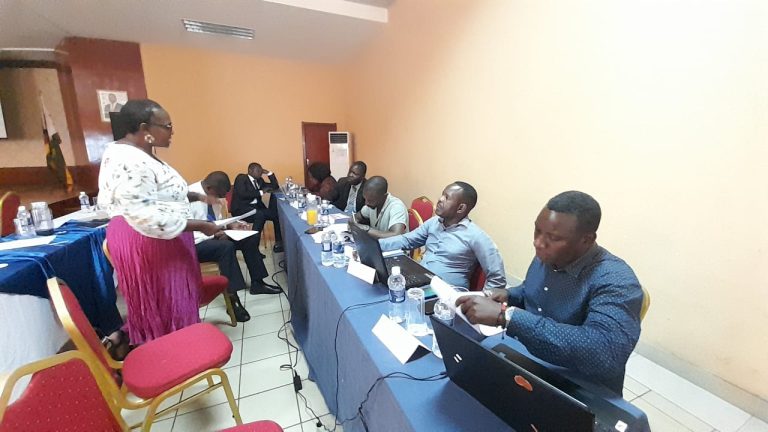
Story by Justin Mahlahla
THE ongoing Ministry of Skills Audit and Development’s Skills Indaba underway in Mutare has expressed the need for inclusivity as the new ministry undertakes a nationwide skills audit and development exercise meant to identify gaps and opportunities in the country’s skills base.
Various speakers, who include representatives of traditional healers and development practitioners drawn from various sectors, emphasised the importance of embracing skills aligned to and developed from indigenous knowledge systems for the benefit of the country.
The sentiments emerged during group discussions focussing on key areas related to defining skills audit and development, key skills needed for rural development as well as strategies and approaches to skills audit and development, among others.
A traditional healer, Ms Clarah Dhliwayo, said people who live in rural and remote areas must have skills that promote the preservation of culture and Zimbabwe’s natural resources.
“I noticed this workshop is focusing mostly on life in the urban centres. We also need this ministry to capacitate us to be able to look after our natural resources – people are cutting down trees randomly and are destroying nature without replacing them. We also need those skills that help us look after the natural environment,” she said.
Indigenous knowledge systems (IKS) are bodies of knowledge that are passed from generation to generation, helping in building communities through belief systems, rituals, perceptions, local technologies and ways of learning.
IKS has been known to help in environmental conservation and preservation, which augers well with the Second Republic’s mantra of leaving no one and no place behind in the country’s developmental approach.
University of Zimbabwe Chancellor, Professor Paul Mapfumo stressed the importance of preserving nature for the benefit and development of Zimbabwe, alluding to the use of science in the creation of medicine.
He asked traditional leaders to partner with universities in further research regarding traditional healing skills, offering to develop patented medicine that benefits Zimbabweans.